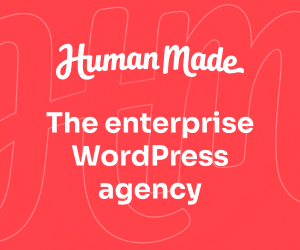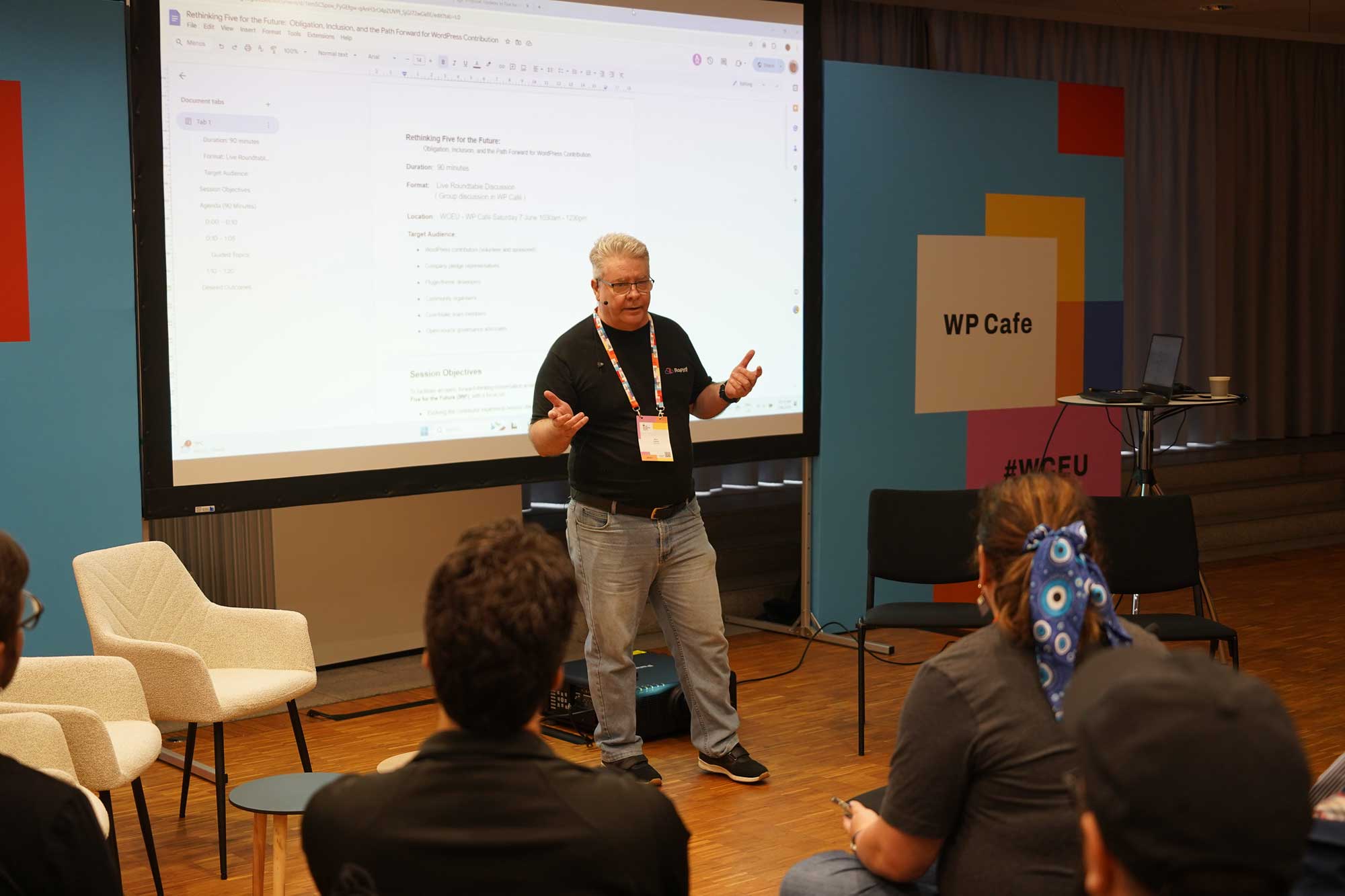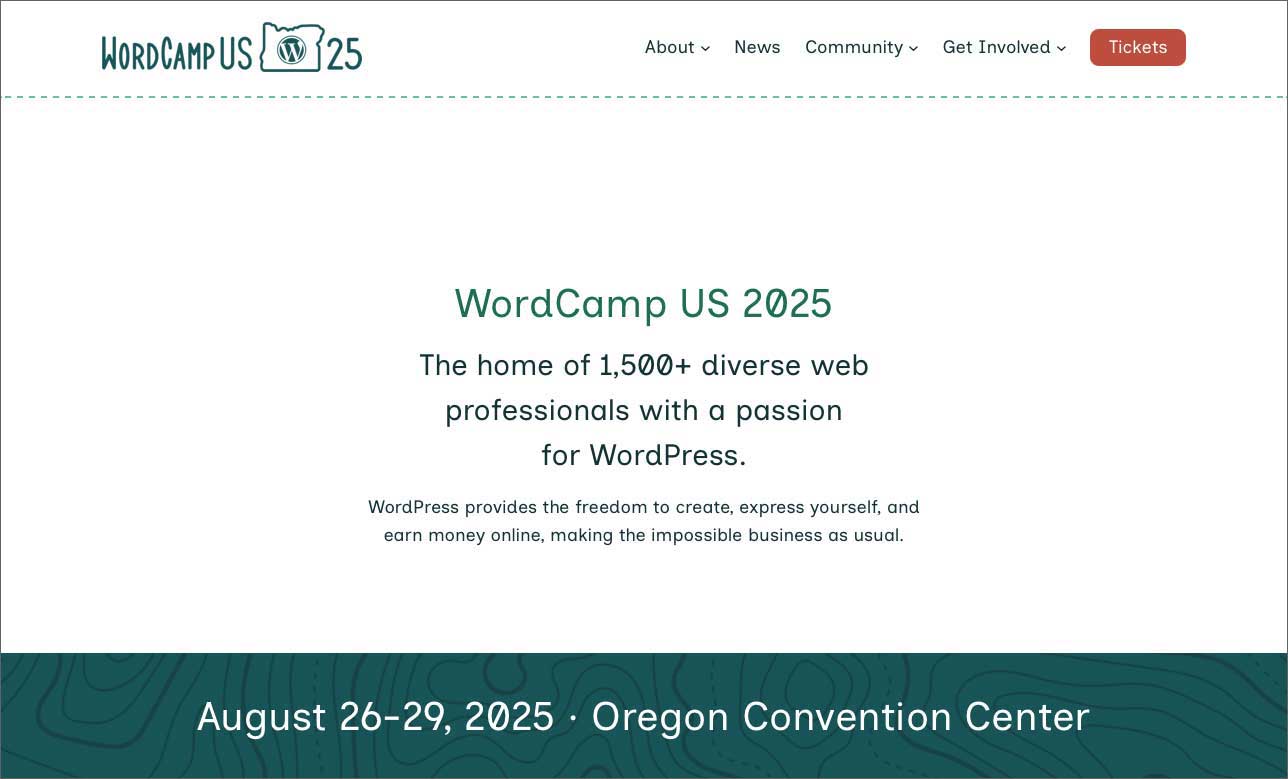In short:
- WP Engine had filed an injunction to stop Matt Mullenweg’s public attacks and rewind the clock to 20 September 2024.
- Automattic and Mullenweg claim WP Engine built a multi-billion dollar business around WordPress.org and “gambled for the sake of profit” that Mullenweg would continue to maintain open access to his website for free.
- WP Engine CEO Heather Brunner said she believed WordPress.org was associated with and/or owned by the WordPress Foundation.
What’s next:
- Automattic and Mullenweg have until 30 October to respond to the injunction motion. Judge Araceli Martínez-Olguín will consider the motion at a hearing on November 26.
WP Engine has filed a preliminary injunction in a U.S. court to stop Automattic CEO Matt Mullenweg’s public attacks and restore the hosting company’s access to WordPress.org.
The motion, filed against Automattic and Mullenweg, claims WP Engine is experiencing “irreparable harm” due to customer losses, declining market share, and damage to its reputation. WP Engine also asserts that Mullenweg, who co-founded WordPress, is “publicly promising more attacks in the coming days.”
WP Engine is requesting a return to the “status quo as it existed prior to September 20, 2024,” which would include restoring the company’s access to WordPress.org and returning Advanced Custom Fields to WP Engine.
The hosting company is also seeking broader protections for its affiliates, partners, employees, users, and customers. “Developers are anxious and want assurance they will not be next to receive another extortionate demand from Mullenweg, become his next target of nuclear war, or next to have their plug-ins expropriated,” the motion reads. “Defendants’ ham-fisted takeover attempts are increasing the security risk for everyone in the WordPress community.”
WP Engine filed a lawsuit against Automattic and its CEO Matt Mullenweg last month accusing the rival hosting company and Mullenweg of abuse of power, attempted extortion, and leveraging trademark law for anti-competitive purposes. The following day, Mullenweg blocked the company’s access to WordPress.org indefinitely. Since then, WordPress.org has taken over WP Engine’s ACF plugin.
Court documents reveal that WP Engine experienced a 14% increase in cancellation requests between September 26-30, a decline in “sales-assisted” new business, and a 375% rise in customers installing migration tools. The company also lost a significant channel for acquiring new customers when ACF was taken over.
In a separate declaration, WP Engine CEO Heather Brunner noted a widespread misunderstanding about WordPress.org’s ownership, saying she believed the website was associated with and/or owned by the WordPress Foundation. “Given the various social media posts on this issue in recent weeks, it appears that many others held that same belief,” she said.
Brunner also claims that multiple sources told her Mullenweg’s next public attack could force agency partners to choose between WP Engine and Automattic, threatening their involvement in the WordPress community.
Automattic and Mullenweg have until October 30, 2024, to respond to the preliminary injunction motion. A hearing for the motion has been set for November 26.
In a separate filing yesterday, Automattic and Mullenweg dismissed WP Engine’s attempts to expedite the case and claimed the case wasn’t about access to WordPress.org, but about the website itself, which Mullenweg personally owns and runs.
“WordPress.org is not WordPress. WordPress.org is not Automattic or the WordPress Foundation, and is not controlled by either. To the contrary, as Plaintiff itself acknowledges, WordPress.org is Mr. Mullenweg’s responsibility,” the court filing reads.
“Mr. Mullenweg has no contracts, agreements, or obligation to provide WP Engine access to the network and resources of WordPress.org. WP Engine points to no terms, conditions, or permissions that entitle them to such access. Nevertheless, WP Engine, a private equity-backed company, made the unilateral decision, at its own risk, to build a multi-billion dollar business around Mr. Mullenweg’s website. In doing so, WP Engine gambled for the sake of profit that Mr. Mullenweg would continue to maintain open access to his website for free. That was their choice.”
On his blog, Mullenweg responded to WP Engine’s injunction, labeling it an attack on his First Amendment rights and stating that he would not comment further until a ruling is made.
As the legal dispute continues, the WordPress community remains on edge. Barn2 CEO Katie Keith posted that she hoped that an injunction could “bring stability to the WordPress ecosystem.”
Meanwhile, Making WordPress Slack users were logged out earlier this week when single sign-on (SSO) was enabled. Mullenweg explained in Slack that SSO was necessary to comply with WP Engine’s discovery request.
“I have no interest in seeing your DMs, but WP Engine’s lawyers do,” Mullenweg said, noting the changes were due to WP Engine’s legal actions.
It’s a welcome move for users and contributors since signing in has typically been complicated, but the timing is interesting since it forced users to sign back in via WordPress and check a box confirming they’re not affiliated with WP Engine.








